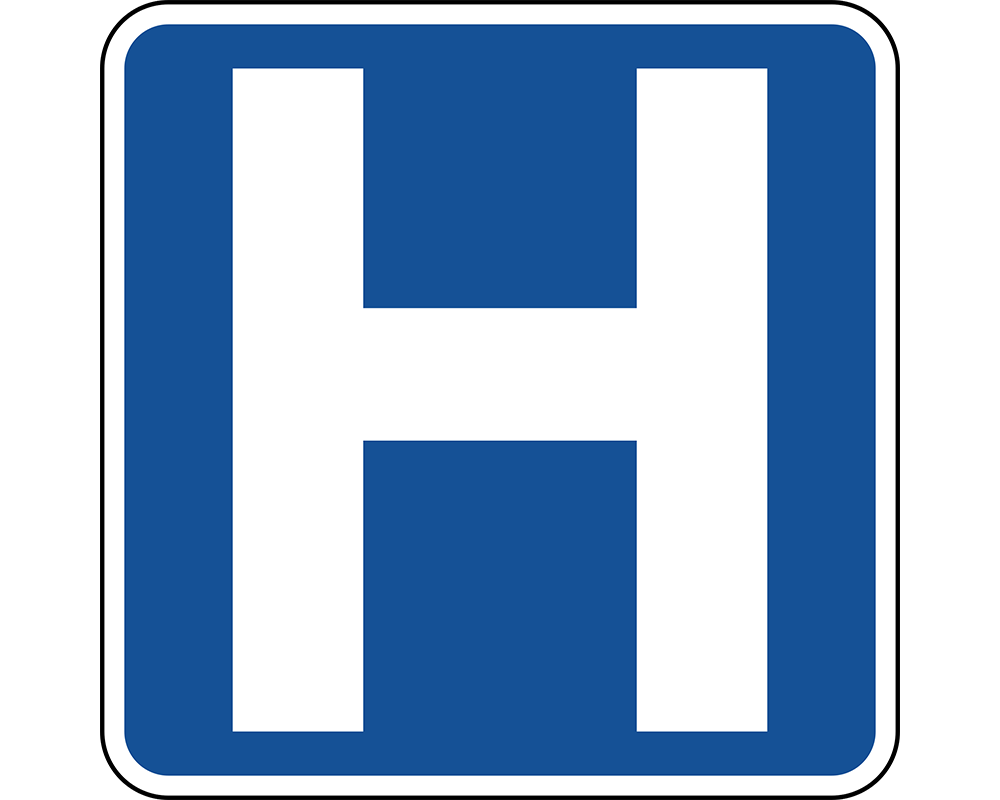The Dallas-based owner of Holy Family Hospital, with campuses in Methuen and Haverhill, plans to close its Stoughton rehabilitation hospital due to multi-million-dollar losses.
Steward Health Care’s decision to close New England Sinai Acute Long-Term Care and Rehabilitation Hospital by early April, company officials say, will help and not harm its Merrimack Valley hospitals.
“In fact, the difficult decision to close NESH was made specifically to safeguard the strength of operations of other Steward hospitals, including ours, and protect our standard of care,” Holy Family Hospital President Craig A. Jesiolowski told staff Wednesday by email. “Holy Family will continue to serve the families of the Merrimack Valley and we will continue to ensure we can meet the demands of the health care industry as it continues to change.”
Steward said in a press release this week, “Nearly 75% of Steward hospital patients are public pay (Medicare and Medicaid) which chronically underpay, sometimes at rates less than the cost of delivering services. As a result of these chronic low reimbursement rates, Steward has lost $22 million from NESH operations and cannot afford to keep the facility open. Unlike ‘non-profit’ systems, Steward does not have a multibillion-dollar investment portfolio to fall back on.”
Stoughton hospital staff will now coordinate with patients and families to ensure “appropriate continuing care.” Steward said there are more than 150 skilled nursing facilities to accommodate patients within a 25-mile radius of the hospital.
“Today, the current average length of stay at NESH ranges from 41 to 48 days, which should provide ample time to successfully place any existing patients within the 120-day timeframe,” Steward said. “Steward Health Care will work closely with impacted employees to help place them at other Steward hospitals in the state where there are currently 820 vacancies.”
Steward’s other facilities in Massachusetts include Carney Hospital in Dorchester, Good Samaritan Medical Center in Brockton, St. Elizabeth’s Medical Center in Brighton, Saint Anne’s Hospital in Fall River and Morton Hospital in Taunton. The company also began rebuilding Norwood Hospital last year following a “catastrophic flood” at its old building, Steward said.
The Stoughton hospital has 39 rehabilitation service beds and 119 chronic care service beds, according to a notice sent to the Department of Public Health from an attorney representing Steward. The company plans to close the facility on April 2, according to the notice from Rebecca Rodman, senior counsel at Husch Blackwell.
The hospital plans to submit its formal 90-day notice of the closure, which is required under state law, on or around Jan. 3.
Current state law requires a hospital to notify the Department of Public Health at least 120 days before it intends to discontinue a service. DPH must also hold a public hearing about the closure, but the agency lacks the authority to order a service to stay open—even if it is deemed essential. Proposals on Beacon Hill this session aim to change that outcome, such as allowing state officials to block a closure under certain circumstances and establishing a mechanism for state receivership of hospitals or free-standing clinics.
“The notification has triggered a formal process that involves a thorough assessment of the impact of the closure on the community and the populations served by the hospital,” the DPH spokesperson said in a statement. “We recognize that any disruption in health care can be difficult for patients, families and communities who rely on that facility for care and services. The Healey-Driscoll administration is committed to working closely with NESH to ensure appropriate care alternatives and support for staff of NESH.”
As Steward announced the closure, it emphasized the company’s contributions to the state, including for the Brockton community following the fire at Signature Healthcare Brockton Hospital and Compass Medical filing for bankruptcy. Steward’s Good Samaritan Medical Center and other Steward providers treated a 60% influx in new patients, the company said.
Steward also said it “is among the top four taxpayers in every community they serve and the taxes they pay contribute directly to their communities by helping fund the employment of teachers, local law enforcement and other key community resources.”
WHAV staff contributed to this report.

